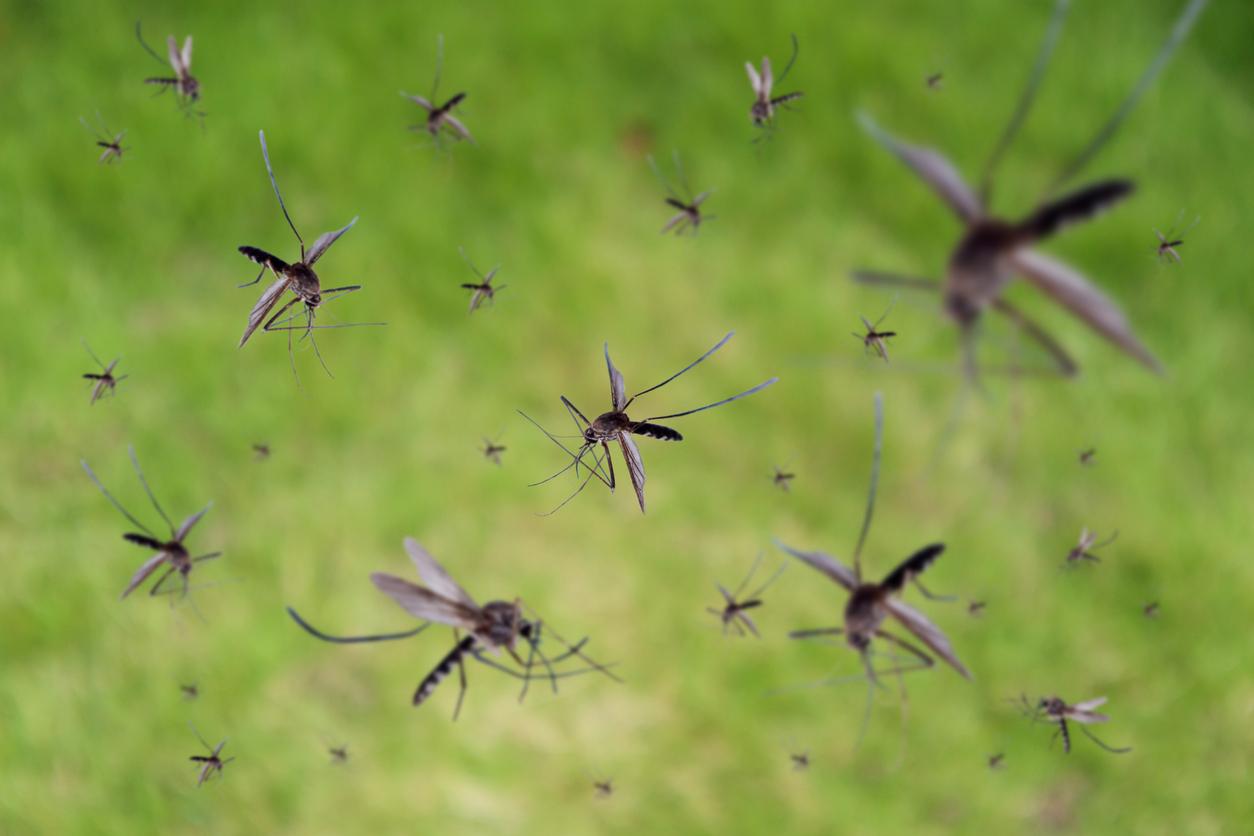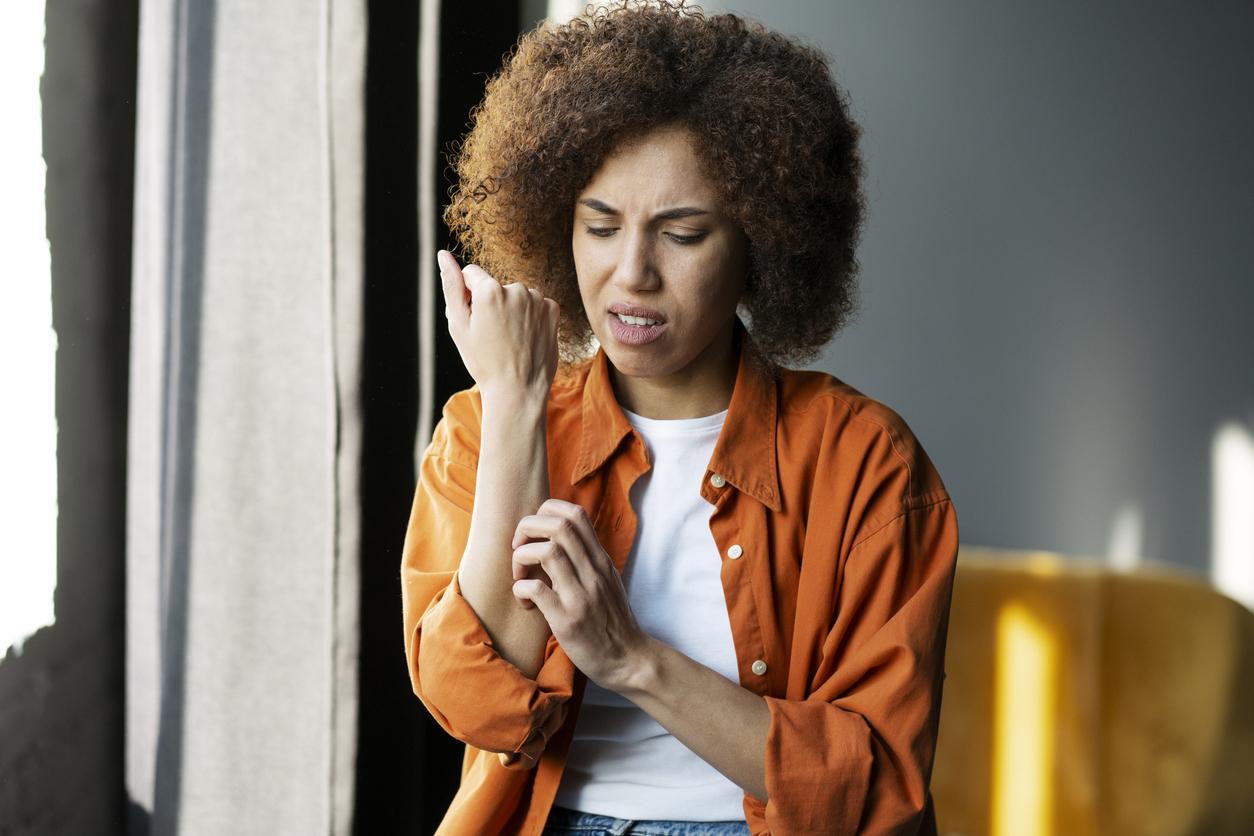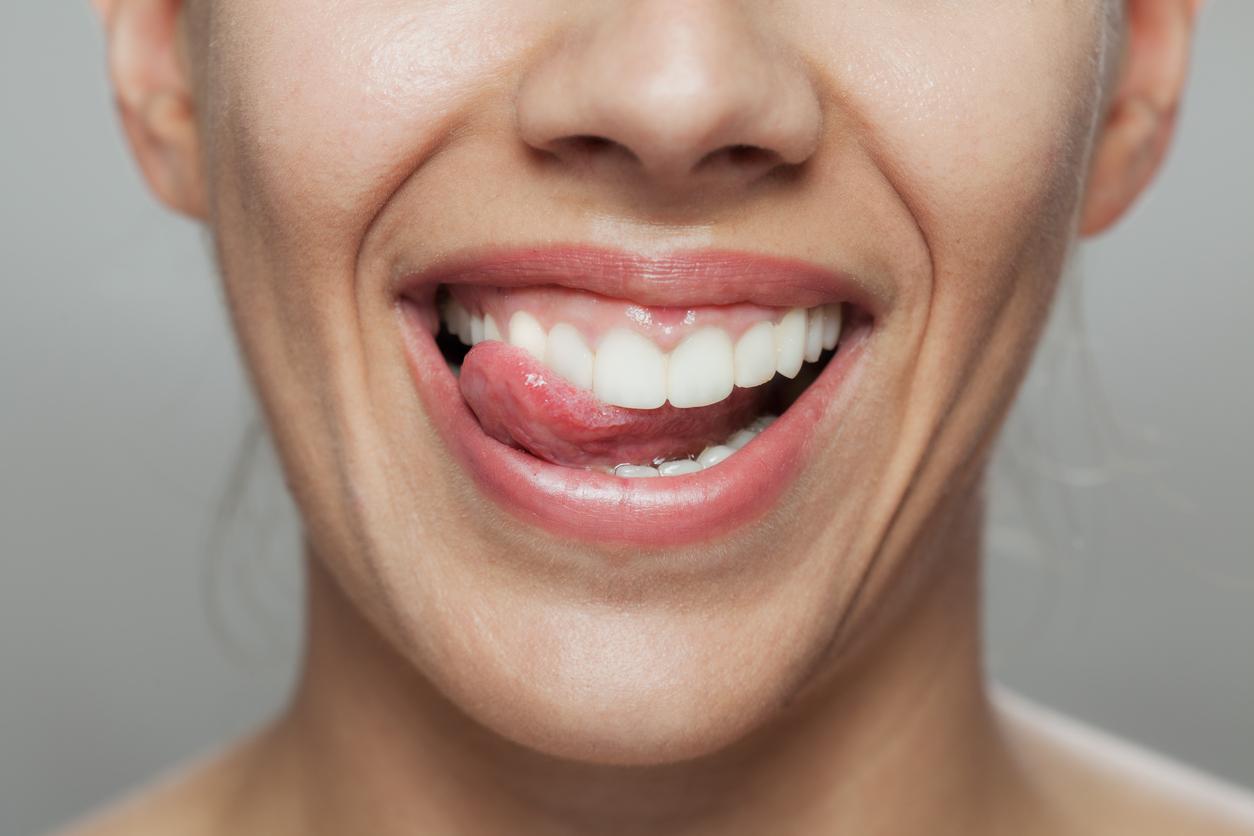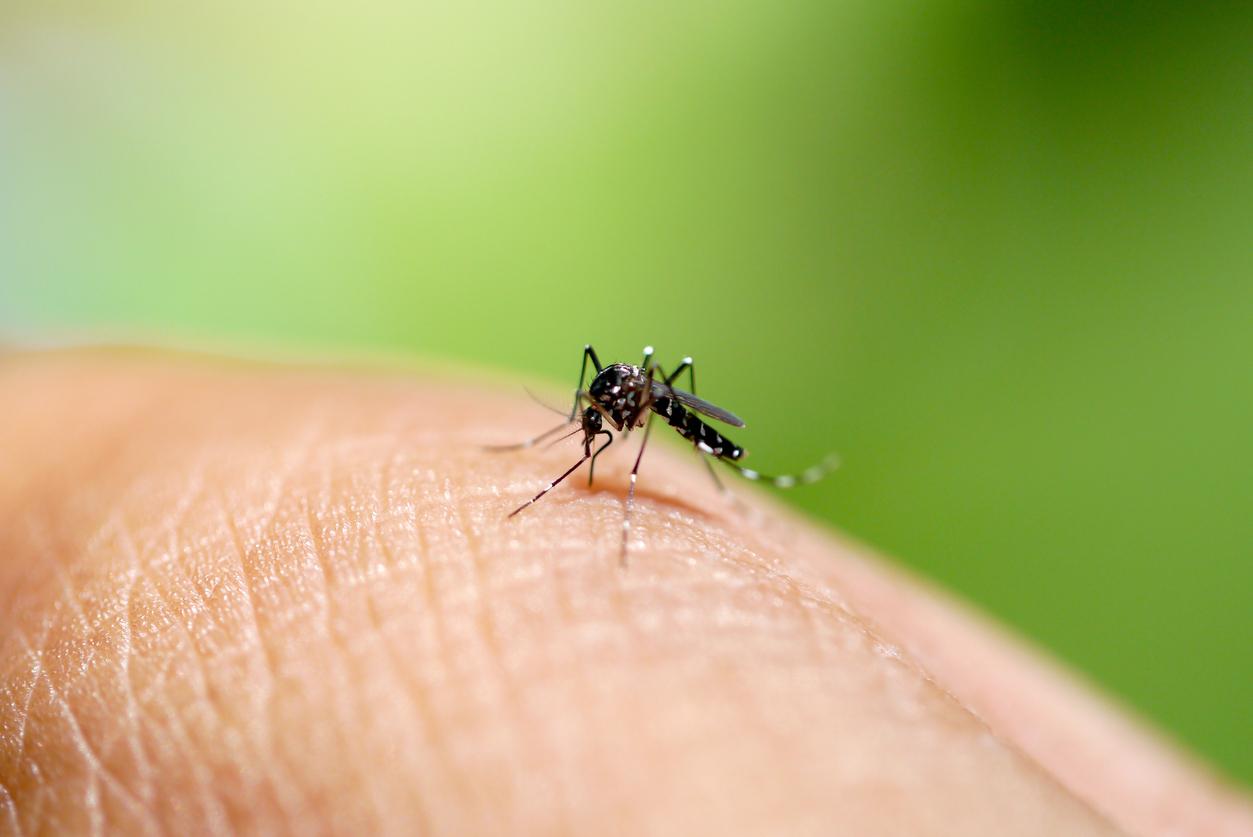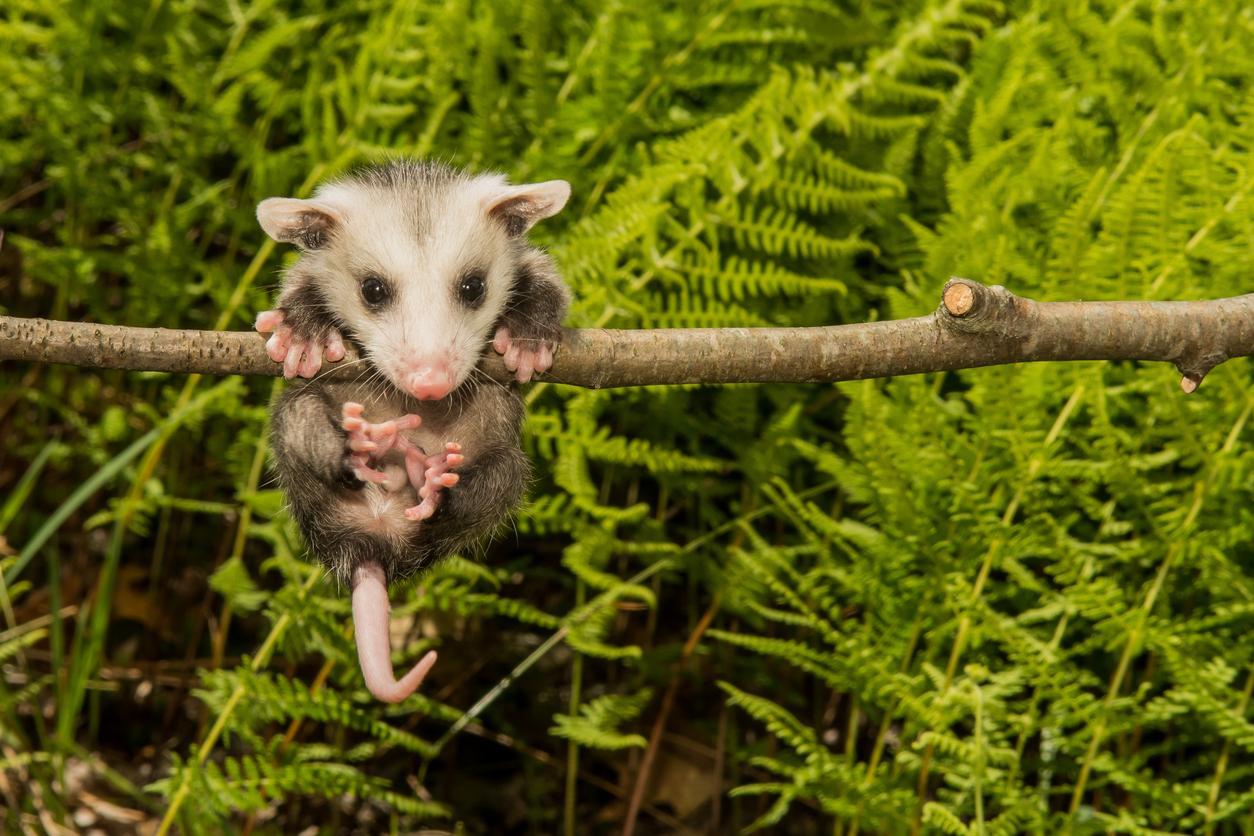Researchers have modified bacteria so that they can make skin less attractive to mosquitoes.
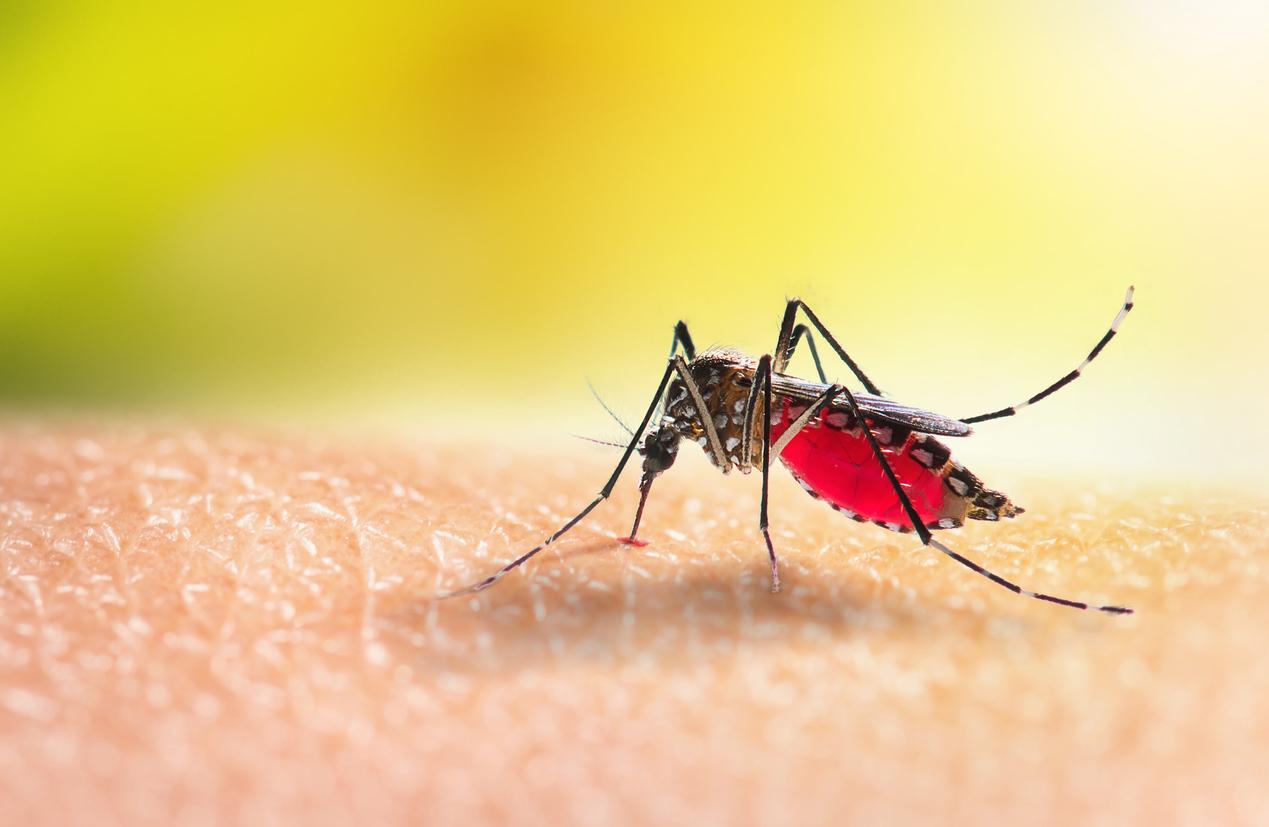
- Mosquitoes are attracted to substances released by bacteria on the skin.
- To counter this, researchers came up with the idea of modifying skin bacteria so that they have less “scent.”
- Their tests showed that the modified strains made the skin less attractive to mosquitoes.
When faced with mosquitoes that ruin your summer evenings and nights, you have natural products that are not always very effective or chemical repellents that are effective… but quite polluting. Researchers have come up with a new solution to combat these annoying insects that carry diseases such as dengue fever, malaria and West Nile fever: genetically modified bacteria that make the skin less “attractive”.
Modified bacteria: mosquito attraction reduced by 64%
When female mosquitoes seek blood to feed, they rely primarily on the “scents” released by bacteria on their targets’ skin. Faced with this, Professor Omar Akbari of the University of California-San Diego came up with the idea of modifying bacteria from human skin, called Staphylococcus epidermidis And Corynebacterium amycolatum, so that they produce less lactic acid, a substance that attracts mosquitoes.
The scientist and his team first tested the microbes alone. They found that the bacteria S. epidermidis modified attracted about half as many mosquitoes Aedes aegypti And Anopheles gambiae and about 22% less than Culex quinquefasciatus than the “wild” versions of microbes.
Tests were then conducted with mice. Some rodents had the researchers’ engineered bacteria applied to their skin while others had the standard versions. While mosquitoes were attracted to the animals with the normal strains, they showed significantly less interest in those with the modified ones.
“Painting with engineered S. epidermidis (by the team) reduced mosquito attraction by up to 64.4%, compared with wild type, starting three days after application of the microbe. The effect lasted for 11 days. Trials with engineered C. amycolatum gave similar results.”explain the authors in a press releaseThey add that when the insects land on the skin, they are also less likely to bite the host.

Mosquito: the way for a new class of repellent products
In his article published in the journal PNAS Nexus On July 30, 2024, the team notes that the 11-day effectiveness period is “significantly longer than the 4-8 hour protection provided by the standard synthetic repellent or N,N-diethyl-meta-toluamide (DEET).”
“Together, our results demonstrate that engineering the skin microbiome to reduce attractive volatiles represents an innovative and untapped strategy to reduce vector attraction, prevent bites and pathogen transmission. These findings pave the way for new classes of long-lasting microbiome-based repellents.”the researchers conclude.








